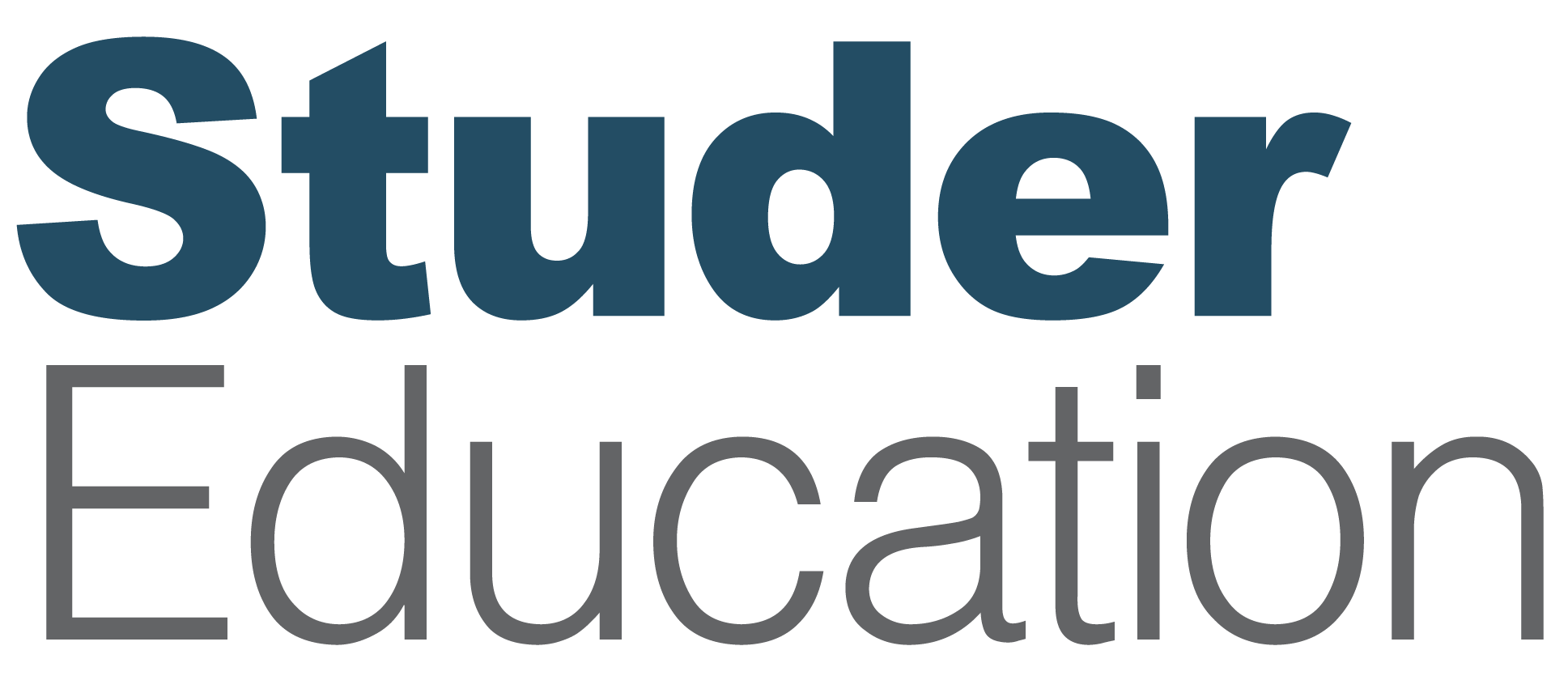
Expressing gratitude and recognizing a job well done are powerful leadership practices. Listen as Dr. Janet Pilcher describes how these practices build stability in both our personal and professional lives. Learn the importance of being specific and genuine in your appreciation, and be encouraged to thank those who make a difference every day.
This episode addresses questions such as:
- What three factors challenge us in living out our core educational values?
- Why is expressing gratitude especially important in the face of external challenges?
- What are the most effective ways to recognize and appreciate others?
Latest Episodes
[Intro music plays in the background.]
Janet Pilcher: Hello everyone, I’m Janet Pilcher, your host of Accelerate Your Performance and author of Hardwiring Excellence in Education. Thank you for joining a network of leaders and listeners who make a difference in the lives of others by creating great places to work, learn, and succeed.
How do we make sense of where we are right now to provide the best to our students, families, and employees? To start with, how do we answer this question? So let’s get grounded in looking at the educational flywheel. That’s what I went back to.
So when we look at the flywheel that’s in the introduction of Hardwiring Excellence in Education if you remember at the center of the flywheel, represents what I called our educational core values: purpose, worthwhile work, and making a difference. And in order to live our educational core values, we focus on strategies, tools, and tactics connected to the parts of the flywheel.
There are three parts: inspiring workplaces, building strength in our people, and accelerating results. That’s what Hardwiring Excellence in Education, the book, is all about. Now in that chapter, I also talk about what stops the flywheel and keeps us from living these core educational values. And in the book, I focus on our inconsistent practices as leaders to do what we say we’re going to do and to execute well and to align our teams with us. The second is we/they when we position other people poorly for our own benefit through our communication and our actions. And a third that I’ve connected to stopping the flywheel over the last several years is allowing for toxic behavior or behavior that harms others. In many instances, simply jeopardizes people’s safety. And we can’t tolerate those three things in an organization in order to achieve greatness and to build consistency of practice and accelerate our results.
There are factors in the internal and external environment that influence the spin. And every year we come across external factors. As leaders, we have to determine how to navigate the landscape of how we function, how we lead in the world that’s in front of us. 2020 was a great example of a major external factor that totally disrupted the way we do work.
So we can’t necessarily control those external factors. So I want to talk a little bit about where we can start and what we can control in building stability to our workforce and to our lives. And I’m going to go to the last principle of the Nine Principles, Principle Nine, especially in this season of Thanksgiving, focusing on gratitude and ways that we recognize people that can be constant. And that will be more important than ever when those external factors are more significant and influential and unclear.
So let’s think about Principle Nine and recognition and being grateful and expressing gratitude, because people want to be appreciated and recognized.
It’s a part of human nature, regardless of any external influences. There are many ways we can recognize people as we’ve talked about over the episodes and as our participants have talked about it our leaders who have shared how they recognize. People can be recognized as we’ve seen for good performance. We can appreciate people for the contributions that they make to their teams and for living our standards and organizational values, lending a helping hand to others, and doing meaningful work in the best interests of students and their families.
There are so many things each and every day that we have opportunities to recognize. And what we know is that when people are appreciated, they feel that people care about them as a person. And that’s what we want to feel. When people get recognized and appreciated, they have a better feeling about the organization, about us as leaders. They know what they do matters, and they tend to be more satisfied, more engaged at work.
To recognize people well, we need to know them, what they care about, what their goals are, and what makes them show up every day feeling good about their work. That’s constant. Also, we can learn from people exhibiting actions and behaviors that merit this recognition. We can see models and examples in our leaders and our employees and our families and our students.
We’ve heard the phrase, “What gets recognized gets repeated.” So recognizing good performance simply helps people know what the right behaviors are and what the right actions look like. Most people want to do a good job when we recognize people for good work, we define the expectations of our teams.
We’ve also talked over the years about the goal of recognition being specific and genuine. You know, we’ve all experienced that time in a room when I hear leaders say, “Everybody’s doing a great job,” or, “All of you are responsible for its success.” And it may be nice to hear, but it’s an empty comment in certain moments. Plus, people in the group who aren’t doing a great job or exhibiting negative behaviors may think they are when we provide this generic recognition. And those that know that people are exhibiting negative behaviors really don’t appreciate them being recognized.
A better way to recognize people is to say something specific about what people contribute. You know, sometimes it can be very simple. When I walk into the office, and I see Kaley and Mildred in the office and I walk by them, every time I see them, when I walk in in that moment and I enter for the day, they smile at me, they greet me, and I always know I can count on that. And they have the tendency, we go and just greet each other and ask a little bit about how things are going, but I can always count on their smiles. That really begins my day in a very positive way. That’s meaningful to me that they take that time out to greet me in that way. So recognition is a win, win, win.
Here’s what I mean. The people we recognize feel good. We feel good about expressing care in a genuine way. We feel good when we recognize people. Our organization becomes stronger because we’re looking for what’s right, even in those times when external factors seem almost impossible to manage.
There are people at work and in our lives that you appreciate right now. Tell them, and show them, and be specific and genuine and your expression to them. And as we go into this Thanksgiving season, let’s take important moments to be thankful to those who have made a difference and continue to make a difference in our lives. And some things change, but difference-making is constant. And I hope this episode offers you strength and peace as we enter this holiday season.
[Outro music plays in the background.]
Thank you for your time with me every Monday as we hardwire excellence in education to create great places to work, learn and succeed. You are indeed making a difference in the lives of others. Have a great week.








